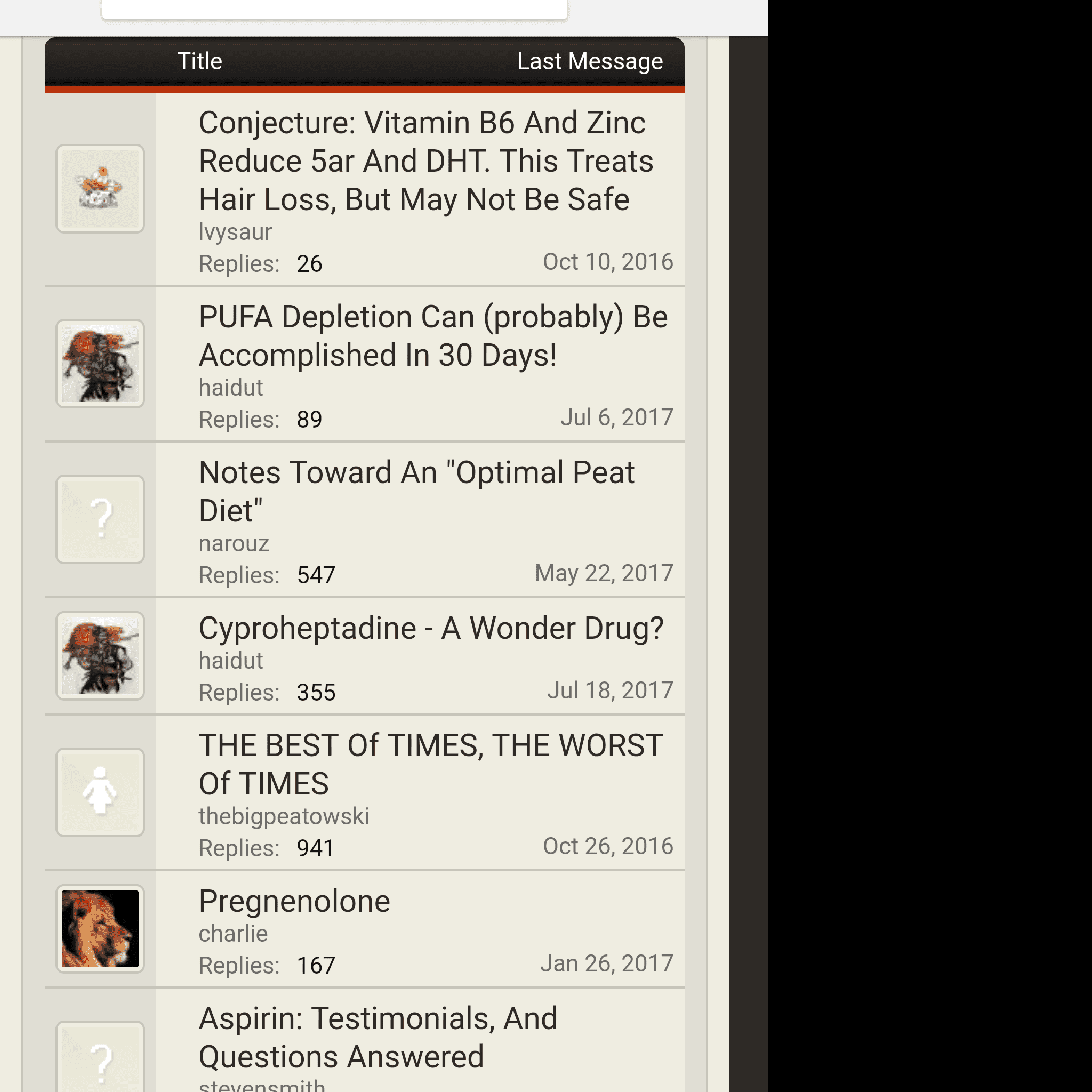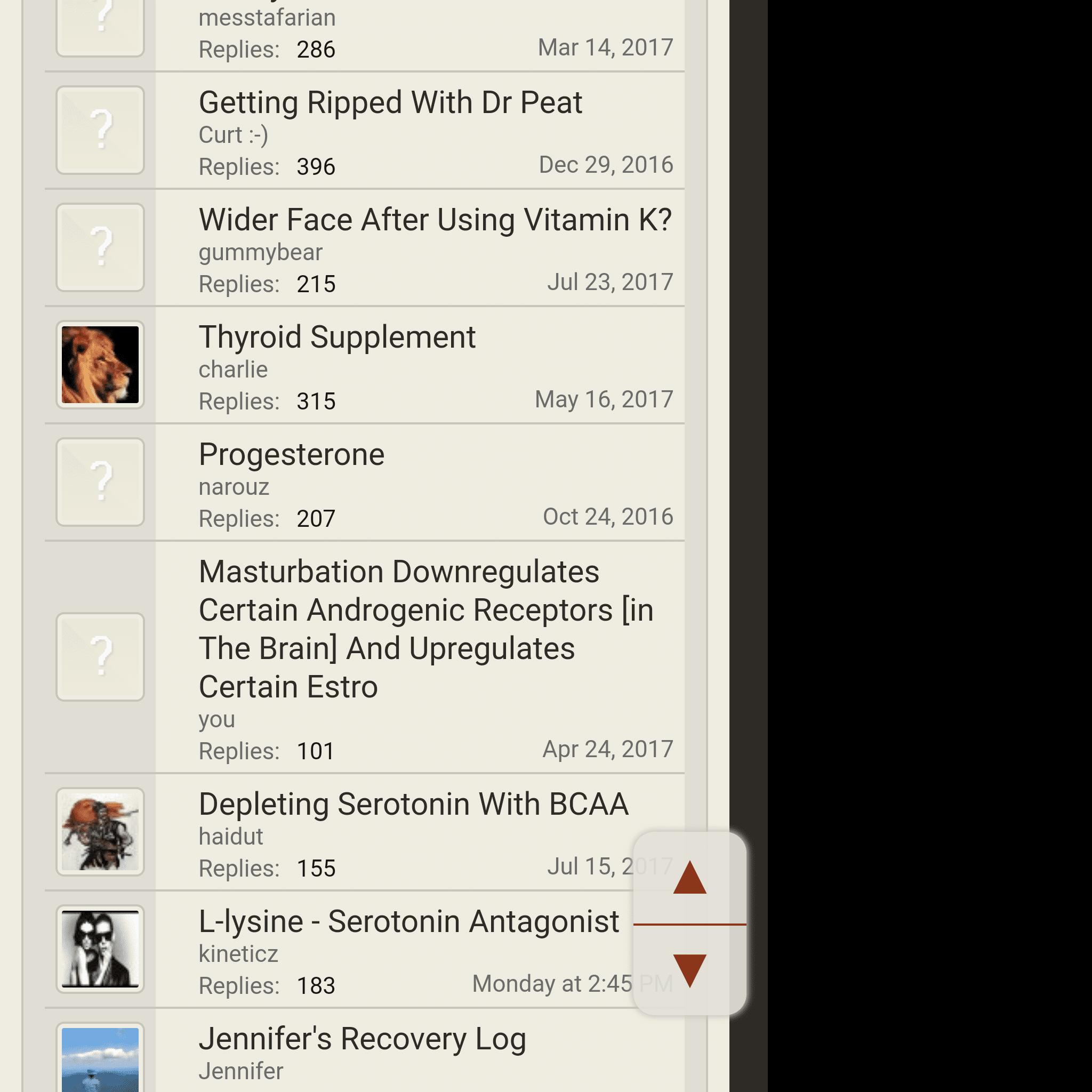This makes sense to me.
I haven't found a way to get that kind of regular exercise happening lately with my current life and health (much as I'd like to), and that much coffee doesn't seem to agree with me at least at the moment, but following my tastes back to more starches and less sugars has been at least consistent with more sustained energy levels. I'm not measuring sugar levels, but I'm assuming that somewhat more sustained energy is a good sign. (Other factors have changed too, so I'm not claiming it's necessarily causal).
I'm interested in your questions round this. It seems intuitively likely to me that the organs are connected to each other, and that one cannot simply address one in isolation without having consequences elsewhere. If the liver turns turns waste into water-solubles for the kidneys to remove, then it seems on the surface plausble that the kidnes would be affected by liver cleansing tactics. I've had patches of feeling like I'm getting better - more energy, clearer head - but eventually seeming to be more depleted - too thin, feeling less resilient and able to sustain myself.
I assume that my liver is a key part of my own issues - headaches and migraines are often associated with liver trouble.
But given that my fluid and electrolyte control seem to also get messed up around migraines, I imagine there could be kidney involvement, and clearly stress and adrenal involvement is part of the picture for me personally too.
Along with the direct stuff like nutrition, supplements, sunlight, breathing, etc, I expect the ways our nervous system is involved in interpreting and influencing processes plays a huge role in our health. Both real current external threats, traumas, stresses, but also anything we have a habitual emotional reaction to that associates with danger (or helplessness, or overwhelm, or isolation, etc). Presumably sustained healing would be well supported both by attending to current life conditions, but also, and perhaps just as importantly, finding ways to break those habits. 'Feelings' and emotional reactions might seem insubstantial, but presumably they affect how our nervous system directs our organs in very direct physical health affecting ways.
Isn't that a key part of why Peat recommends carrot salad, cooked bamboo shoots, mushrooms?
Maybe some people produce 2l bile day, but I'd be surprised if most make that much.
Also, practices that maintain good bowel health and transit time should help to not have the waste sit around so long waiting to be reabsorbed.
Which category does epigenetic go in from your PoV?
I rather think there is still a great deal still to be learned - we're a long way from the end of the science.
And even that which has been learned, from the PoV of the most people, is not widely and simply available - the field of nutrition is full of controversy. Furthermore, the food supply is pretty degraded (pollution, pesticides, soil demineralisation, stressful agricultural practices, non-food additives, etc), so even if one knew what would be optimal human chow, it would not be available for most people.
I'm guessing the reason I can buy cat food that is mostly grain (!) has more to do with our economic system than science showing grain is proper food for carnivores.
I do agree that addressing mineral and vitamin and other nutritional needs/deficiencies is fundamental, and probably in most cases logically comes first before considering hormone supplementation etc.
It does get a bit tricky though, when someone is run down and the full digestive system is not working well enough to make good use of the available input, and when good quality input is in short supply.
How about fasting 9-10 hours at night?
I don't think we have reliable data to say what most members here do.
+1
Caffeine clearly serves some people better than others, and it's not just about eating enough sugar etc with it.
I agree with you that there seem to be states when people need extra high amounts of some nutrients. I've heard Peat favour supplementing small amounts of niacinamide, but he's mentioned that synthetic riboflavin specifically is often problematically allergenic.
So your saying all of the hundreds of pages of ideal labs supplement logs here are not enough "reliable" data to claim that most people here take some kind of supplement?
That is exactly what I stated in my previous post in reference to allergy, being clean and pure along with not causing you any issues. I agree, if it causes you allergy issues, drop it. I talk about DMSO causing me allergenic issues all the time here, I'm not against that issue.
Last edited:


